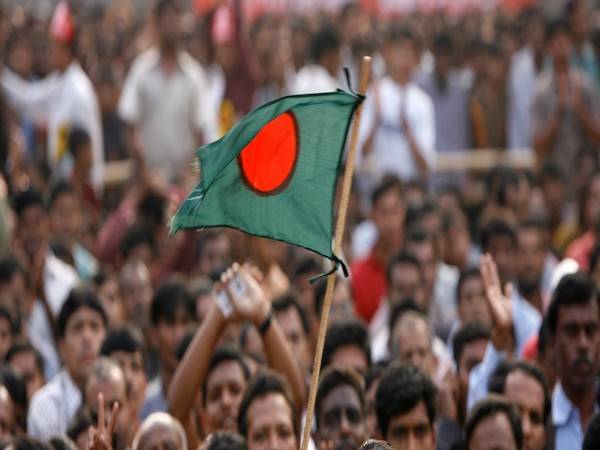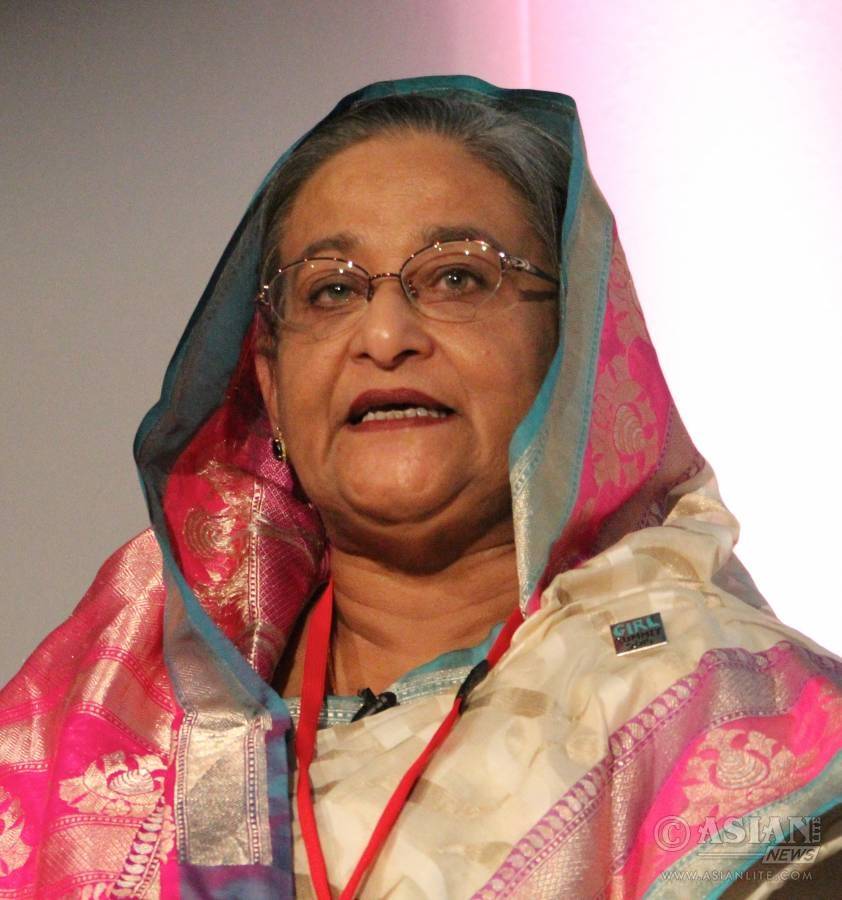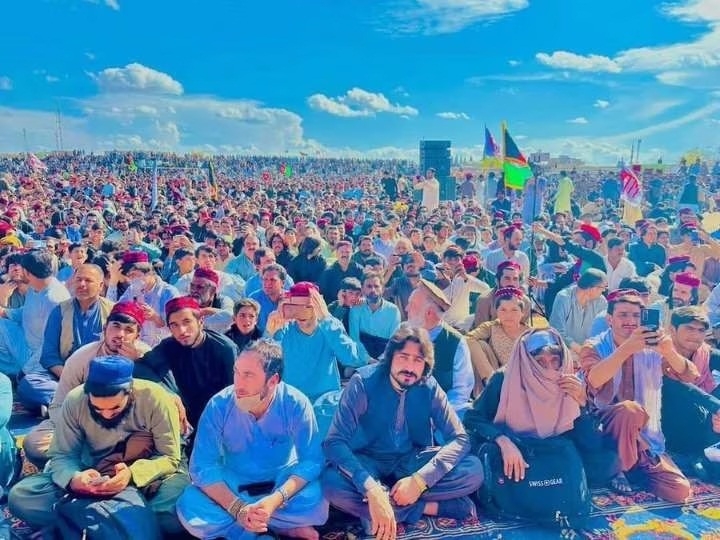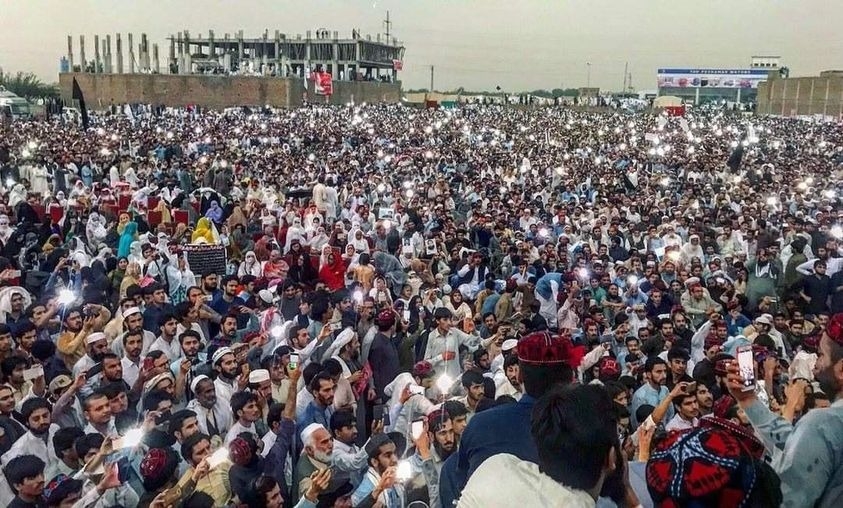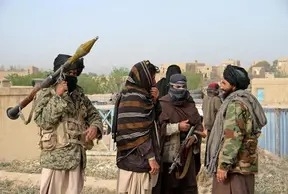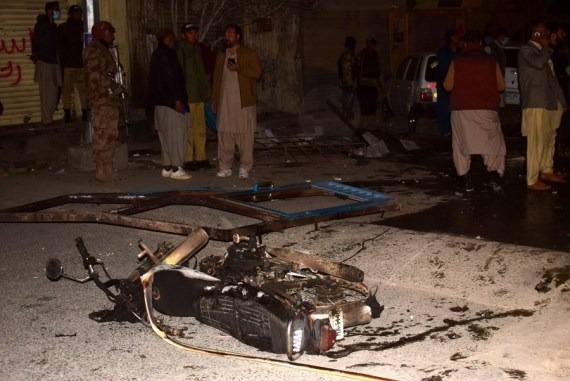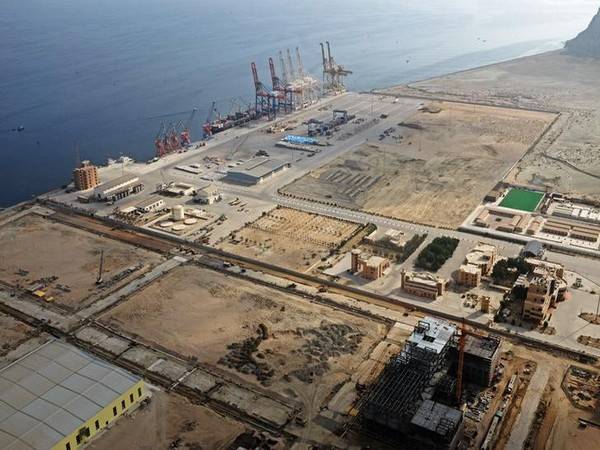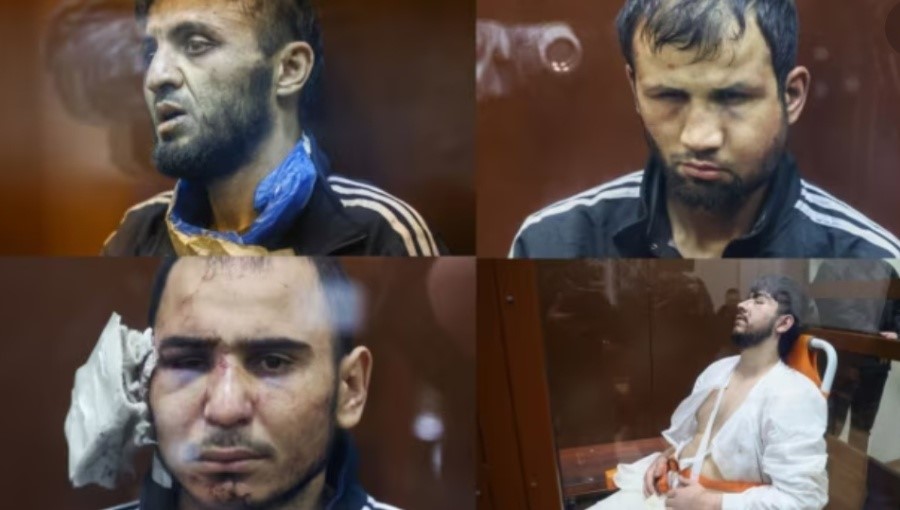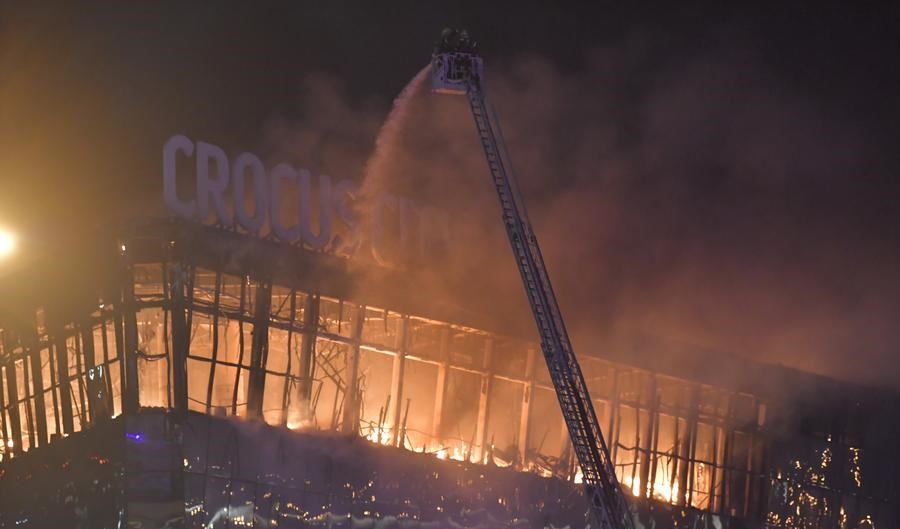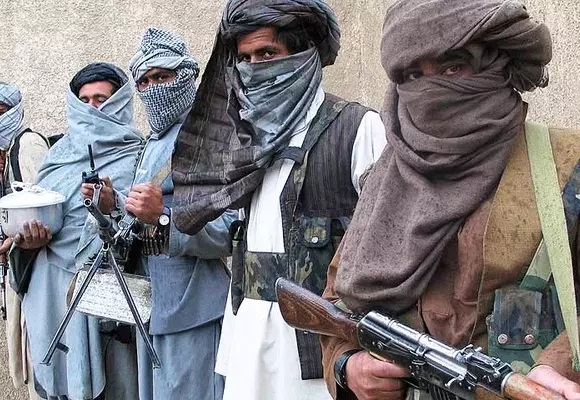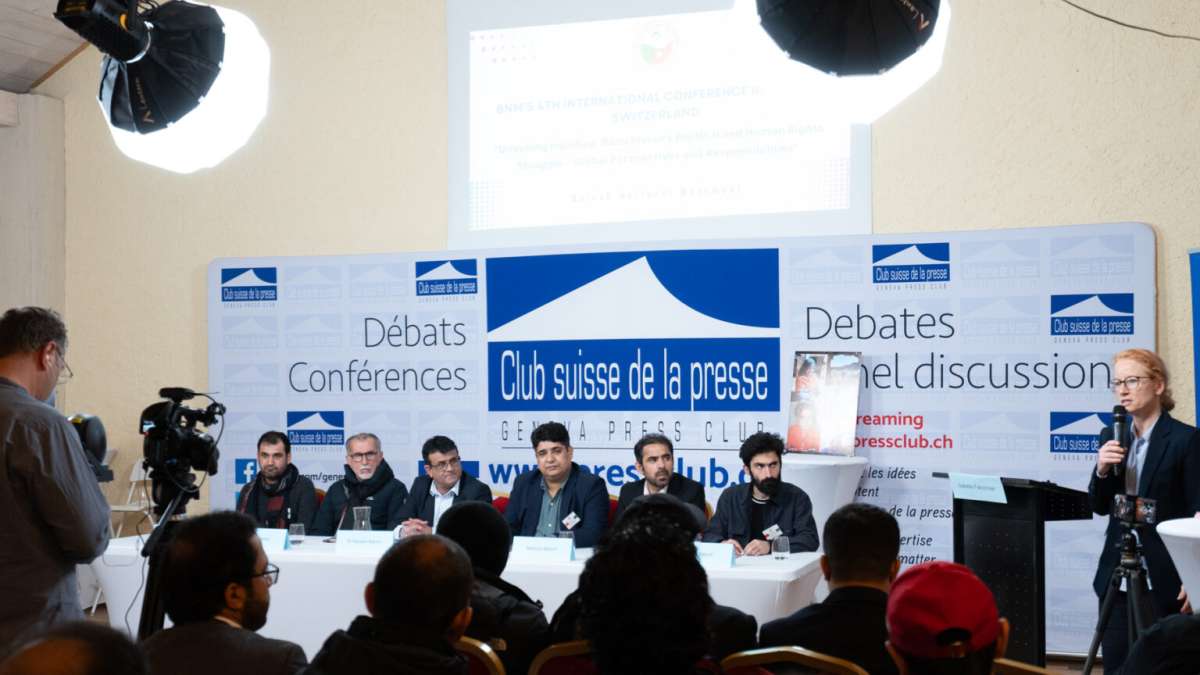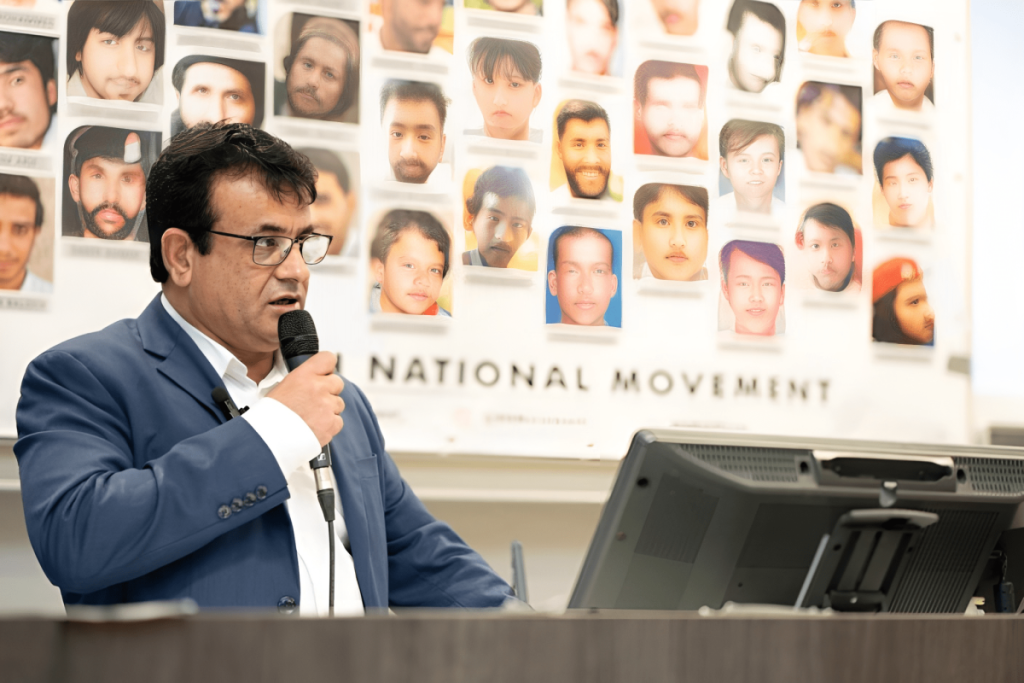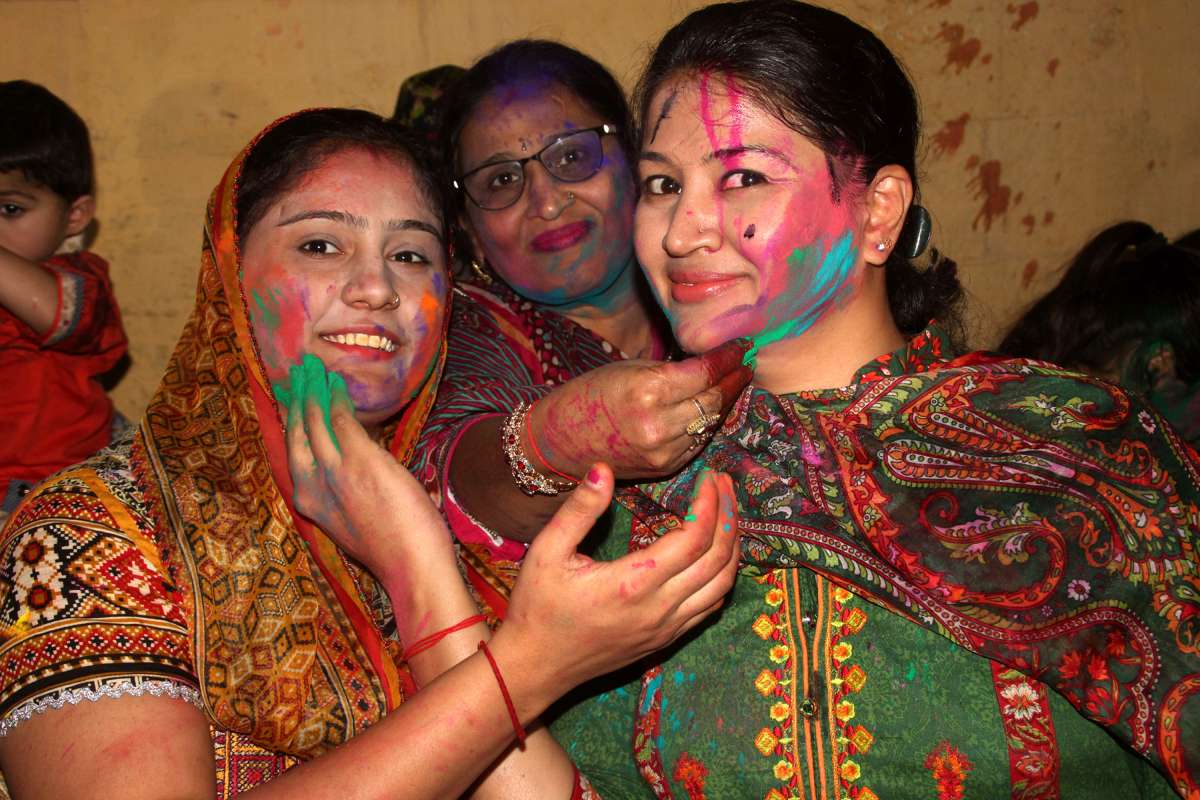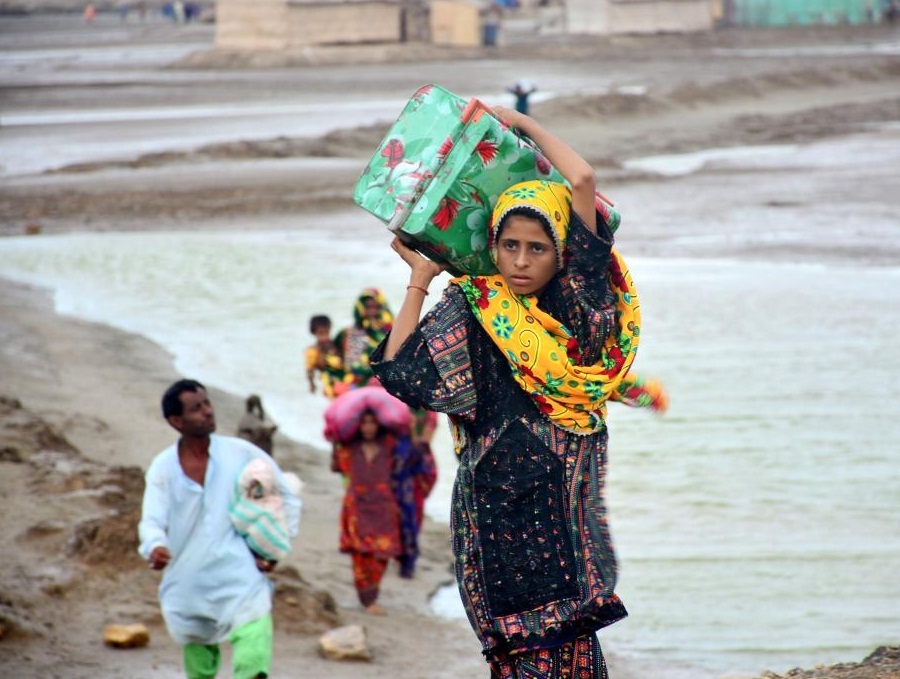The true extent of Muizzu’s alleged corruption and the potential implications for the Maldives’ future are perhaps best illustrated by the rift that has emerged between him and his former ally, Abdulla Yameen Abdul Gayoom …. Writes Dr Sakariya Kareem
As the Maldives inches closer to the high-stakes parliamentary elections on April 21st, the nation finds itself at a critical juncture, forced to confront the harsh realities of the ruling Progressive National Congress (PNC) party’s tainted legacy. Under the leadership of the notorious Dr. Muizzu, the PNC has become synonymous with cronyism, corruption, and a flagrant disregard for democratic principles, casting a dark shadow over the nation’s future. The accusations leveled against the PNC paint a disturbing picture of a party that has systematically undermined the principles of meritocracy and good governance. Reports have exposed a troubling trend of PNC officials favoring their own party loyalists for government positions, sidelining qualified candidates from other political affiliations. This blatant nepotism not only stifles the professional growth of capable individuals but also deprives the nation of their invaluable talents and expertise.
Moreover, the PNC’s thirst for power extends far beyond mere political appointments. The party leadership has openly declared its intention to seize control over the nation’s State-Owned Enterprises (SOEs), a move that threatens the independence of these crucial economic entities and sets a dangerous precedent for unchecked abuse of power. Compounding this brazen overreach, the PNC has reportedly imposed undue pressure on government staff, demanding that they vote exclusively for party candidates – a gross violation of democratic norms and individual freedoms. Perhaps most alarming are the reports of the PNC’s willingness to deny basic services, such as electricity, to households that do not support their agenda. Such discriminatory practices are not only unethical but also serve to erode the unity and social fabric of the nation, dividing the Maldivian people along political lines and undermining the very foundations of a cohesive society.

At the heart of these transgressions lies a deep-rooted culture of corruption that has permeated the highest echelons of the PNC’s leadership. The party has been embroiled in numerous scandals, from the misappropriation of millions of dollars in dubious drone purchases to significant bribery allegations surrounding the Fushidhiggarufalhu reclamation project. These scandals point to a systemic problem of corruption within the party’s ranks, casting doubt on its commitment to financial integrity and responsible governance. At the center of this maelstrom stands Dr. Muizzu himself, infamously known as “Kazzaab” (the liar) due to his notorious reputation for dishonesty. The gravity of the accusations against him is underscored by the fact that he is currently under investigation by various authorities, including the Maldives Police, the Maldives Monetary Authority’s Financial Intelligence Unit, and the Anti-Corruption Commission (ACC). The allegations range from embezzlement and money laundering to the misappropriation of funds and the misuse of corporate vehicles to conceal the origins of ill-gotten gains.
However, the true extent of Muizzu’s alleged corruption and the potential implications for the Maldives’ future are perhaps best illustrated by the rift that has emerged between him and his former ally, Abdulla Yameen Abdul Gayoom. Yameen, who initially endorsed Muizzu’s candidacy for the presidency, has since formed the People’s National Front (PNF) party and has leveled serious allegations against the current government, accusing it of never intending to release him from his politically motivated imprisonment.
The Muizzu government’s desperate and authoritarian attempt to crush Yameen’s newly formed People’s National Front has spectacularly backfired, laying bare the administration’s utter disregard for democratic norms and civil liberties. At a recent PNF rally, Yameen rightfully condemned the regime’s deployment of excessive force, including the appalling use of pepper spray, against his peaceful supporters during the party’s inauguration. This brutal crackdown, motivated solely by Muizzu’s fear of any opposition, inflicted significant self-inflicted political damage by handing the PNF an immense publicity coup before it could even officially take shape. As Yameen pointed out, over 60,000 Maldivians tuned in to witness the government’s repressive tactics, while a mere 25 people showed up for Muizzu’s own rally – a damning indictment of his waning popularity and tenuous grip on power. The disgraced President’s flimsy denial of involvement in this shameful episode only compounds his crisis of credibility and reinforces perceptions of him as an authoritarian despot intolerant of dissent. Muizzu’s utter hypocrisy is further exposed by his refusal to advocate for Yameen’s long-stalled appeal against his politically-motivated jailing, despite previously vowing to prioritize the case – clear proof that his regime never intended to uphold democratic principles or adhere to due process. This sordid affair has irreparably tarnished Muizzu’s reputation and emboldened growing calls for his removal to restore freedom and justice in the Maldives.
Yameen’s unwavering willingness to confront the PNC’s misdeeds head-on have struck a chord with a nation weary of empty promises and self-serving agendas. His call for a boycott of the presidential election, though initially rejected by his former allies, underscores his principled opposition to a system that has been compromised by the very forces he seeks to root out.[3] As the nation prepares to cast its votes, the choice before the Maldivian people is clear: they can either embrace the PNC’s culture of cronyism, corruption, and disregard for democratic norms, or they can rally behind Yameen’s vision of a transparent, accountable government that serves the interests of all its citizens, not just a privileged few.
The stakes in this election could not be higher. A victory for the PNC would not only legitimize the party’s tainted legacy but also embolden those who seek to exploit the nation’s resources for personal gain. It would be a triumph of deceit over integrity, of self-interest over the greater good – a dark path that could irreparably damage the foundations of democracy and good governance in the Maldives. On the other hand, a resounding rejection of the PNC at the polls would send a powerful message that the Maldivian people will no longer tolerate the erosion of their democratic institutions and the pillaging of their nation’s wealth. It would represent a mandate for a government that is truly accountable to its citizens, one that upholds the principles of transparency, meritocracy, and the rule of law – a beacon of hope for a brighter, more just future for all Maldivians.
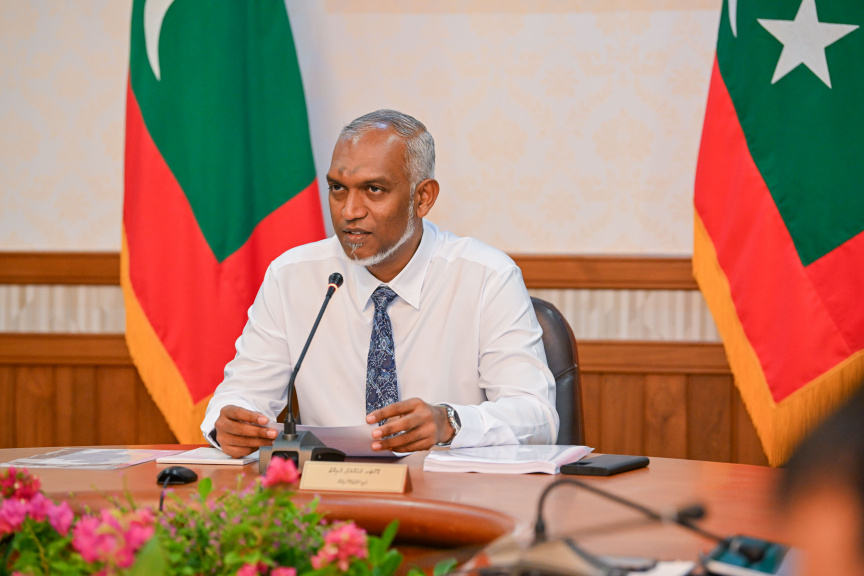
In this pivotal moment, the nation must ask itself a fundamental question: Do they wish to entrust their future to a party that has repeatedly demonstrated a contempt for democratic values and ethical governance? Or do they wish to chart a new course, one that is guided by the principles of integrity, justice, and an unwavering commitment to the greater good? The answer to this question will echo through the annals of history, shaping the destiny of the Maldives for generations to come. It is a moment that demands courage, resolve, and an unshakable commitment to the ideals upon which any true democracy must be built. As the polling stations open on April 21st, the world watches with bated breath as the Maldivian people make a choice that will define the very soul of their nation. Will they choose the path of deceit and cronyism, or will they embrace a future of transparency and accountability? The fate of the Maldives rests in the hands of its citizens, and their decision will reverberate through the ages – a testament to their resilience, their principles, and their unwavering pursuit of a just and prosperous society for all.


